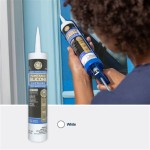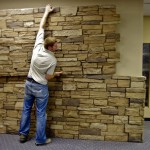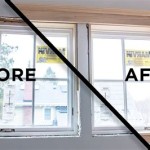Interior walls are essential components of a home. They provide a barrier between your living space and the outside world and can be beneficial in keeping noise levels to a minimum. Soundproofing walls can help reduce the amount of noise that transfers through them, but there are a few different materials that are better suited for sound insulation than others.
Types of Sound Insulation Materials
The most common materials used for sound insulation are foam, fiberglass, and mineral wool. Foam is a lightweight material that is typically used for acoustic insulation in walls and ceilings. It is effective at dampening sound but is not as effective as fiberglass or mineral wool which are both heavier and denser materials. Fiberglass insulation is made from tiny glass fibers which act as a barrier for sound waves. Mineral wool is a type of insulation made from recycled minerals such as wool, rock, and slag. It is effective at blocking sound waves, but it can be expensive and difficult to install.
Cost and Installation of Sound Insulation
The cost of sound insulation depends on the type of material used and the size of the area being insulated. Generally, foam is the cheapest option, while mineral wool is the most expensive. Installation costs will also vary depending on the material used, but typically the more complex the installation, the higher the cost. Professional installation is recommended for optimal soundproofing of interior walls.
Benefits of Sound Insulation
The primary benefit of sound insulation is reduced noise levels. This can be especially beneficial in homes with busy roads nearby or in apartments with thin walls. Additionally, sound insulation can help improve the overall energy efficiency of a home by preventing sound from transferring through walls, which can help reduce heating and cooling costs. Finally, soundproofing can help create a more peaceful and relaxing living environment.















Related Posts








